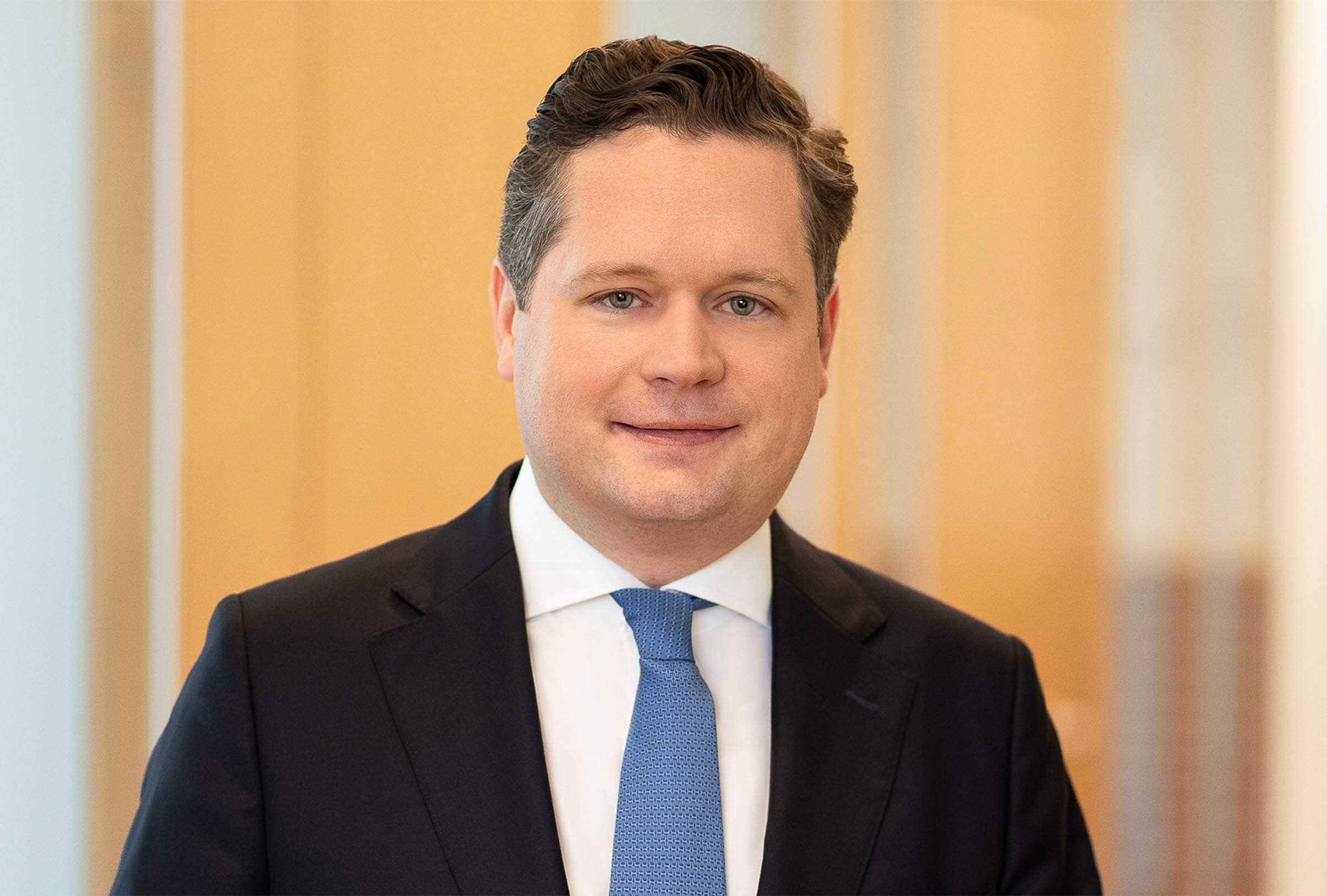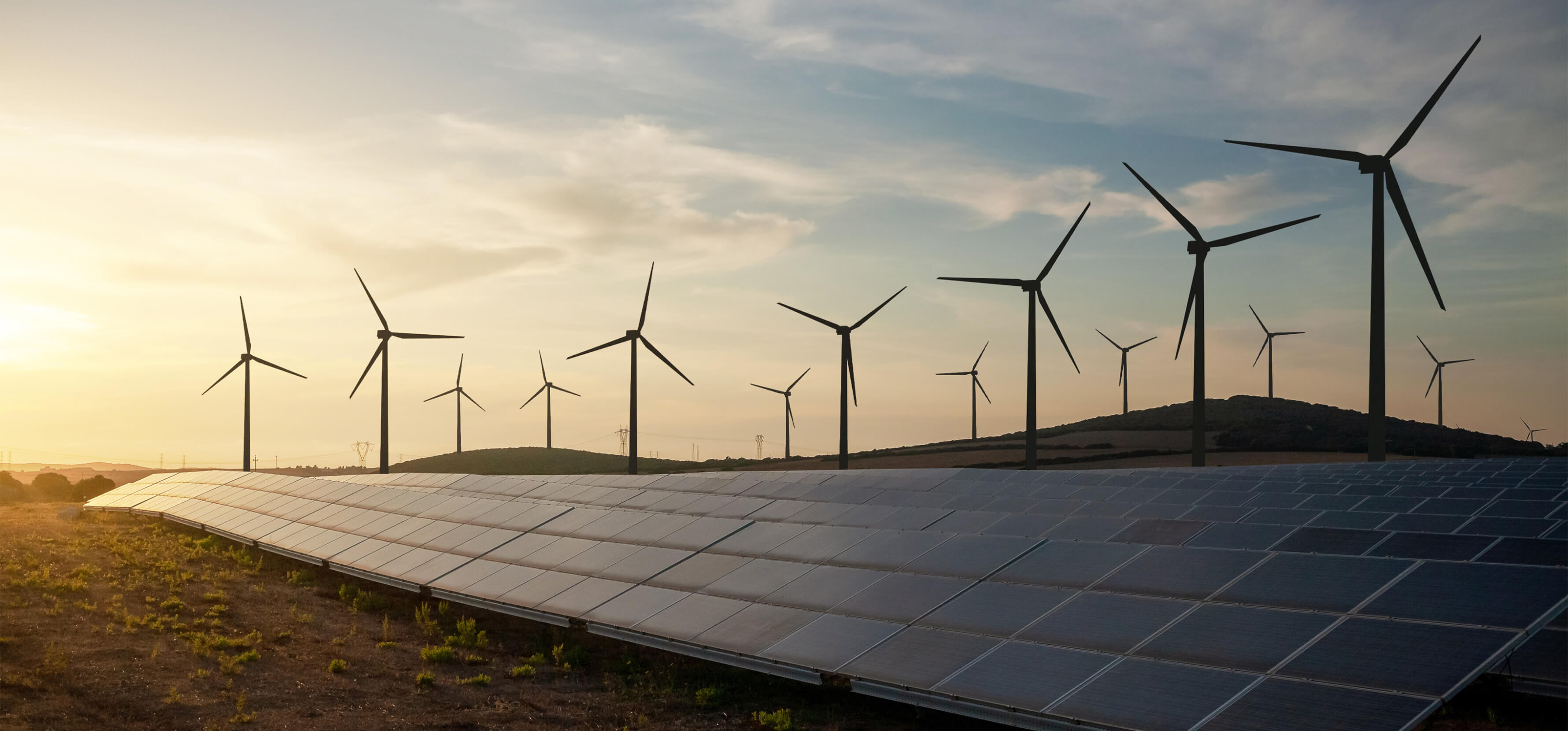Partner Hamburg
"Germany is one of the most important and fastest-growing markets for data centres in Europe."
Due to technological developments, it is expected that data centre investments will continue to grow strongly in the coming years. In addition to Gen AI, advancements related to the Internet of Things (“IoT”), machine learning, mobile communication and cloud services will lead to further increases in data centre requirements. Power consumption is also increasing due to compute-intensive Gen AI applications for image or video generation, which cause much higher power consumption of servers within a data centre.
With the required expansion of data centre capacities in Germany to be measured in gigawatts in the coming years, the energy demand, which will increase many times over, must be covered mainly by renewable energy. To this end, larger data centres are concluding Power Purchase Agreements (“PPAs”) with operators of wind or solar parks. Reserve capacities must also be secured in the future through Battery Energy Storage Systems (“BESS”), which are also needed to stabilise the electricity grids.
The following article provides an overview of the current regulations, recent trends and upcoming changes to the legal framework for data centres in Germany, in particular the government’s new plans announced in its coalition agreement.
Energy Efficiency Requirements for Data Centres
Regulatory requirements are becoming increasingly important for data centre projects in Germany. The Energy Efficiency Act (“EnEfG”) not only sets out requirements for the purchase of electricity from renewable energy sources but also regulates the use of waste heat (particularly through heating networks). For newly planned data centres, compliance with the following criteria will need to be proven in the permitting process. For operational data centres, specific obligations apply, which will lead to the need for modernisation measures (e.g. installation of additional measuring points). Therefore, the following requirements will become effective in the next few years.
Renewable Energy Sources
Data centres in Germany with a non-redundant nominal power connection capacity of 300kW or more have already had to cover their electricity consumption on balance with 50% from renewable energies since 1 January 2024. From 1 January 2027 onwards, this requirement will increase to 100% from renewable energies.
Power Usage Effectiveness
The benchmark for energy efficiency is the so-called Power Usage Effectiveness (“PUE”). This is calculated by dividing the total amount of energy used by the data centre by the energy used by its IT equipment. Therefore, the PUE value is always above 1.0 as energy is also consumed for cooling, lighting, and other infrastructure needs. The lower the PUE, the more energy efficient the data centre is. For operational data centres (operational before 1 July 2026), a maximum annual average PUE value of 1.5 will apply as of 1 July 2027 and 1.3 as of 1 July 2030. For newly planned data centres (those commencing operation as of 1 July 2026), a maximum annual average PUE value of only 1.2 will apply. The deadlines require sufficient infrastructure for detailed energy monitoring. It must be considered that the implementation and installation of the necessary measurement technology and processes require lead time.
"New data centres commencing operations on or after 1 July 2026 must be operated so that they have a proportion of reused energy of at least 10%."
Energy Reuse Factor for Waste Heat
New data centres commencing operations on or after 1 July 2026 must be operated so that they have a proportion of reused energy (as defined in DIN EN 50600-4-6) of at least 10%. This energy reuse factor (“ERF”) increases to 15% from 1 July 2027 and 20% from 1 July 2028 as an annual average. However, certain exemptions apply such as after the conclusion of an agreement on the use of waste heat with a municipality or the heating network operator for a later point in time. The intention of the German legislature was to build data centres at locations where waste heat could be reused. However, there are practical hurdles, particularly municipal district heating networks (whether existing or planned) regularly have flow temperatures of between 65 and 90°C but the temperature of cooled data centres is well below these values even at peak times. Therefore additional heat pumps will be required to increase the waste heat to a higher level.
Energy Management Systems and Reporting Obligations
Data centres with a non-redundant nominal power connection capacity of 300kW or more must implement an energy or environmental management system (DIN EN ISO 50001) by 1 July 2025. Such management systems must be validated and certified as of 1 January 2026. The certification is required for privately owned data centres as of 1MW and for publicly owned data centres as of 300kW.
Reporting obligations apply according to sec. 13 EnEfG to the data centre energy efficiency register (“RZReg”). For 2024, these reporting obligations will have to be complied with until 31 March 2025 for data centres with a non-redundant nominal power connection capacity of 500kW or more and until 1 July 2025 for those from 300 to below 500kW.
In addition, reporting obligations regarding waste heat apply according to sec. 17 EnEfG to the Federal Office for Energy Efficiency (Bundesstelle für Energieeffizienz – BfEE) until 31 March of each year (the first reports had to be submitted by 1 January 2025). Such data is published online via the Platform for Waste Heat (Plattform für Abwärme – PFA).
Challenges and Upcoming Changes for Data Centre Projects in Germany
"Digital infrastructure and renewable energy will have to be even better harmonised in the future and new challenges will arise during project implementation."
Based on the current regulations, energy efficiency and sustainability requirements show an increased level of regulation and there are further requirements for cyber security and system resilience of data centres. The new German government has announced in its coalition agreement that it will ease operations through practical interpretation or, if necessary, revision of relevant regulations. In particular, it plans to advance the practical implementation of climate neutrality, in particular to facilitate the use of waste heat for feeding into district heating networks. On the basis of such announcements, changes to the regulatory regime are expected.
As also stated in the coalition agreement, it is the aim of the government to attract AI data centres and at least one of the planned European AI Gigafactories to Germany. The requirements for AI-ready data centres are known to be different: high-performance computing resulting in an increase in power density required for AI operations and challenges for cooling and heat dissipation. A shift towards liquid cooling leads to requirements for water supply and waste water discharge or ways to integrate this into local heat networks.
To pave the way to green data centres, these requirements also need to be accompanied by technical innovations and reliable electricity grid capacities. Against this background there are more and more projects combining a data centre with a rooftop solar plant together with a co-located BESS, which increases independence and the carbon footprint of the data centre. However, digital infrastructure and renewable energy will have to be even better harmonised in the future and new challenges will arise during project implementation. Regulatory requirements need to be reflected in lease contracts or service level agreements depending on the contractual set-up of data centre leasing structures (wholesale, powered shell or colocation solutions).
Given investments and M&A processes, the commercial, technical and legal due diligence requirements for data centre projects are increasing. Data centre investments are currently high on the wish list of many infrastructure investors in the digital sector. In the future, data centre developments will be even more dependent on (renewable) energy supply due to increasing performance requirements. Therefore, dedicated energy and infrastructure expertise becomes even more crucial for companies developing, financing or investing in data centres in Germany.
Click here to view the full article series.
Key contacts
Partner Hamburg
Counsel Düsseldorf





